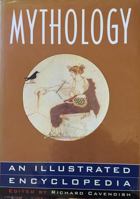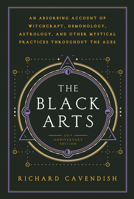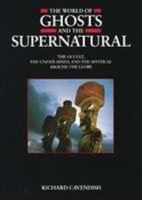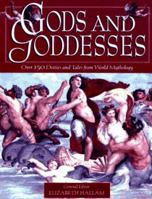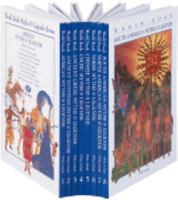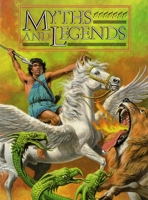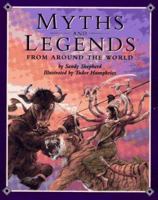Legends of the World
Select Format
Select Condition 
You Might Also Enjoy
Book Overview
Customer Reviews
Rated 5 starsAs complete a book of Legends as I have seen
The cultural oral traditions that come from pre-literate cultures have become legends and myths to the modern world, yet looking at Lincoln , Washington and Kennedy we see that the process continues even while biographical re-editing of history has taken place. The Christian Bible has a tradition very like that of other legends and myth systems? For many years the Catholic church actually tried to control who read the Bible...
0Report
Rated 4 starsSheesh, how can you NOT notice the similarities?
One of the single greatest frustrations with Bulfinch's Mythology lies in its blatantly insular, Westernized viewpoint. Though it is a masterful accounting of all the Greek, Roman, and Nordic myths and also dissects the legends of Charlemagne and King Arthur very satisfactorily, it is sheer arrogance to label this work as any kind of definitive study on the legends of the world, by the simple fact that it leaves out the collective...
0Report













